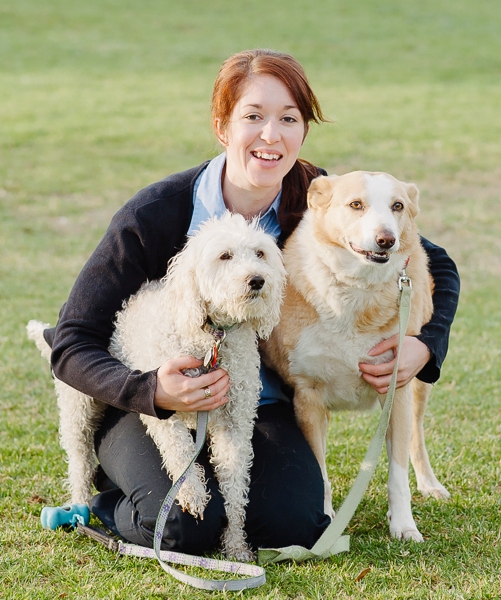Similar to humans, as your dog ages, you may notice subtle changes in his/her behaviour. The more you know about how your dog ages, the better care you can provide..
Dog dementia (Canine Cognitive Dysfunction Syndrome) commonly presents around 11 years of age, with signs of confusion, anxiety, listlessness, and other neurological-based problems. If you notice any of these signs in your dog, there are ways to help him/her feel more comfortable and delay symptoms worsening. One of the best ways is to provide him/her with mental stimulation, such as food puzzles, simple low stress training, and low-impact exercise, on a daily basis, to help engage your dog’s mind.
Some specific symptoms call for other methods to help your dog during this time of their life:
Aimless wandering - If your old dog is wandering around the house aimlessly, looking lost or getting ‘stuck’ in a corner for no apparent reason. Help to minimise confusion and anxiety, by maintaining a strict routine, and keep the layout of your home and your dog’s belongings in the same place.
Urinating in the house - If your old dog is suddenly eliminating inside, it may be due to decreased mobility or confusion about how to get outside. Assist your dog in getting outside to the toilet regularly, to avoid messes inside. This can also be a sign of other health problems, so get your dog examined by a vet to rule out other causes.
Sleeping more or at odd times - Old dogs normally sleep a lot, however dog dementia can cause your dog to sleep more during the day, and be restless with increased wakefulness during the night. This may be due to increased anxiety or decreased awareness of his/her regular routine. Keep your dog’s mind stimulated during the day to decrease sleeping; wearing him/her out for a more solid sleep at night.
Loss of direction on a familiar walk - Dog dementia can cause your dog to lose his/her ability to follow usual routes when out on a walk, causing anxiety and confusion. Sticking to a routine is key, reassure your dog along the way and keep your dog a lead for safety. Exercise can really help to keep your dog’s joints and mind healthy, so go on short, regular walks.
Pacing and whining - Dog dementia can cause more frequent whining and pacing, often at strange hours, such as in the evenings and through the night. If your dog shows these signs, comfort him/her dog and calmly redirect back to bed.
If you are concerned about your dog’s health, notice these changes, or want to know more, make an appointment with your veterinarian.

Veterinary Nurse Kirstie Hancock is qualified in animal behaviour with her Certificate IV in Companion Animal Services through the Delta Society. She has lots of great tips and ideas when it comes to misbehaving pets. Keep an eye out for her monthly tips on our Facebook page. Also check out her own business Facebook page - Positive Paws.

